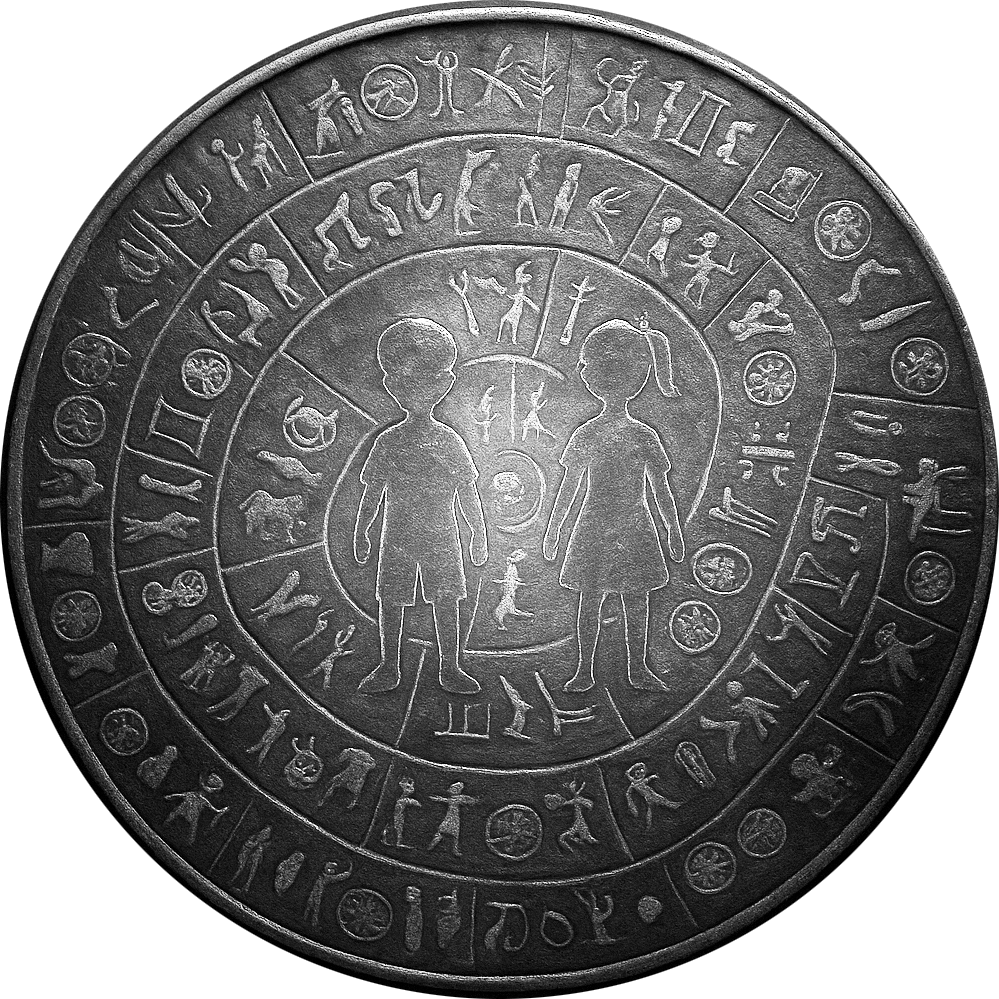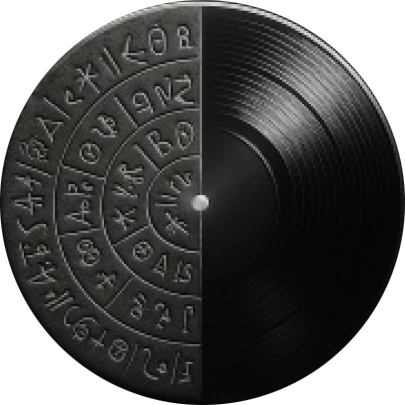For Educators
Stories that teachers can teach and kids can’t put down. Bring Loukas & Lydia into ELA, Social Studies, and STEAM with ready‑to‑use lessons, standards links, and printable activities.

Why it works in classrooms
- High‑interest hooks: Ancient mysteries, science‑grounded time travel, and sibling banter keep pages turning.
- Cross‑curricular by design: ELA, Social Studies (Aegean Bronze Age), Music, and STEM (engineering, acoustics).
- Built‑in SEL: Empathy, ethical choices, courage, and teamwork without preachiness.
- Teacher‑friendly: Printable lessons, discussion guides, and rubrics simplify planning.
- Flexible pacing: One class period to a two‑week unit. Works as class read‑aloud or lit‑circle novel.
- Representation: Greek‑American family, global perspective, respect for history and culture.
Curriculum connections
ELA
- Literary elements: setting as character, theme, motif, foreshadowing
- Author’s craft: voice, point of view, figurative language
- Argument & evidence: myth vs. history claims
- Research & presentation: mini‑reports on Minoan life
Social Studies
- Aegean Bronze Age: Minoans/Mycenaeans, Knossos, Thera
- Archaeology & primary/secondary sources
- Myth reinterpretation in cultural context
STEAM
- Engineering design: Daedalus’s gliders, mechanisms
- Music & acoustics: pentatonic scales, drones (ison)
- Earth science: volcanoes, Santorini eruption impacts
Grab‑and‑go lesson plans
1‑Class Anchor Lesson (45–60 min)
- Hook: Image set of Knossos & a short read‑aloud.
- Mini‑lesson: Myth vs. history claim‑evidence chart.
- Practice: Identify foreshadowing & theme seeds.
- Exit ticket: One claim + two evidence quotes.
3–5 Day Mini‑Unit
- Day 1: Context stations (maps, artifacts, music).
- Day 2: Close read & craft analysis (POV/voice).
- Day 3: Socratic seminar (ethics & choices).
- Day 4–5: Choice project + short presentation.
2‑Week Novel Study
- Reading calendar, chapter quizzes, and vocab banks.
- Character & theme trackers (printable templates).
- Performance task: museum‑style exhibit or podcast.
- Rubrics for argument writing and presentations.
Hands‑on activities & assessments
- Debate: Should we reinterpret myths to match archaeology?
- STEM build: Paper‑glider iteration inspired by Daedalus; test lift and glide ratio.
- Music lab: Create a pentatonic melody; explore drones and mood.
- Creative writing: “Hidden Room” micro‑memoir (300–500 words) from a side character’s POV.
- Assessment choices: analytical essay, podcast episode, museum placard, or comic one‑pager.
Standards at a glance
Materials reference commonly used frameworks (e.g., CCSS‑ELA for reading, writing, speaking/listening; C3 for Social Studies; NGSS practices for inquiry & design). Use the included mapping sheet to align with your district’s codes.
Free downloads
- Teacher Guide (PDF, 20 pp)
- Lesson Pack: 1‑Class, 3–5 Day, 2‑Week (PDF)
- Discussion Questions & Socratic Seminar Guide (PDF)
- Project Rubrics (Argument, Presentation, Creative) (PDF)
- Standards Mapping Sheet (Google Sheet & PDF)
- Chapter Quizzes & Vocabulary Banks (PDF)
- Slide Deck (PPT/Google Slides)
- Parent Letter & Opt‑in Media Permission (DOC)
Author visits & virtual workshops
Interactive talks on myth vs. history, music in ancient worlds, and how science can power fiction. Options for assemblies, classroom workshops, and PD for teachers.
- 45‑min Assembly: From idea to book — research, drafts, and discipline.
- Classroom Workshop: Build tension & theme using “evidence seeds.”
- PD Session: Cross‑curricular planning with novels (ELA × SS × STEM).
FAQ
What grades is the book best for?
Content notes?
Classroom sets & discounts?
Get the Educator Kit or book a visit
Tell us your grade level, dates, and what you’d like to do. We’ll get back within 1–2 business days.
Educator resources for Loukas & Lydia and the Secret of the Disk: lesson plans, standards mapping, discussion guides, and cross‑curricular activities (ELA, Social Studies, STEM, Music).
